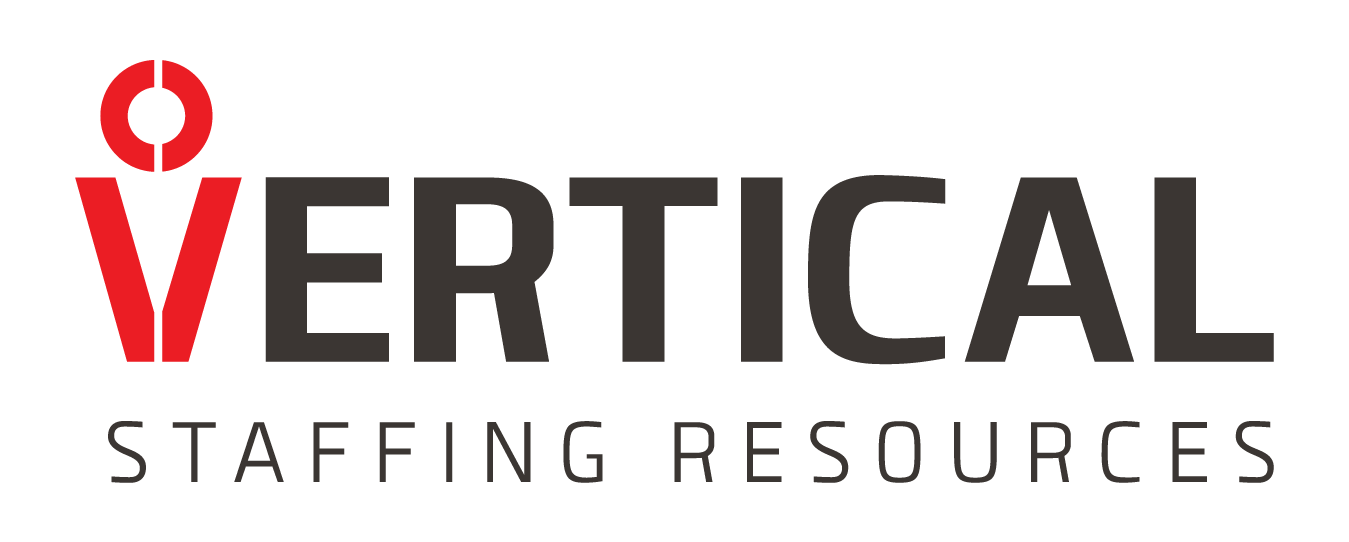Resumes are one of the most important tools in your job search arsenal. You don’t need an explosively good one, just one that is neat, clear and complies with basic ATS standards. So, what is ATS? It stands for Application Tracking Systems and there are a lot of them out there. They are used by companies to track and manage resumes that are submitted through their websites. These systems are powerful and can help companies significantly reduce the time for HR staff and hiring managers to go through every application. Here are a few tips for making your resume ready for these systems:
1. Use a neat format
If you aren’t well-versed in design formatting in Word, it may be best to stick with a neat, simple format. You can usually find a basic format/template in Word or PDF. Always proofread your resume carefully – a single error can result in rejection.
2. Use a readable font
Don’t venture off and use an odd font. Err on the side of caution and use fonts that ATS can easily read including Times New Roman, Garamond and Calibri.
3. 2 pages maximum
If you have a lot of relevant experience, 2 pages is more than enough to be used to highlight your experience. 1 page is also good but be sure you aren’t tightening things to a point that only has you summarizing items that are otherwise important to companies.
4. Don’t add hobbies or extracurricular activities
It is tempting to add what you are passionate about outside work but there can be a few drawbacks to this. First off, if your hobbies aren’t entirely relevant to the position, simply leave them off; it can save some space in adding other content that can help strengthen your resume for the position you are applying for. And secondly, some hobbies can be misread by these systems (i.e., sky diving) that simply read as a dangerous activity without any context.
5. Including relevant information
When writing your first draft of your resume, it’s ok to include a lot of information. However, be sure to keep information that is relevant to what you are looking for and cut away content that simply doesn’t fit. Getting some help from someone you trust can give you a boost in whittling away ineffective experience or skills that can hamper an otherwise good resume. You can also ask a recruiter to give you tips on building a more effective resume.
